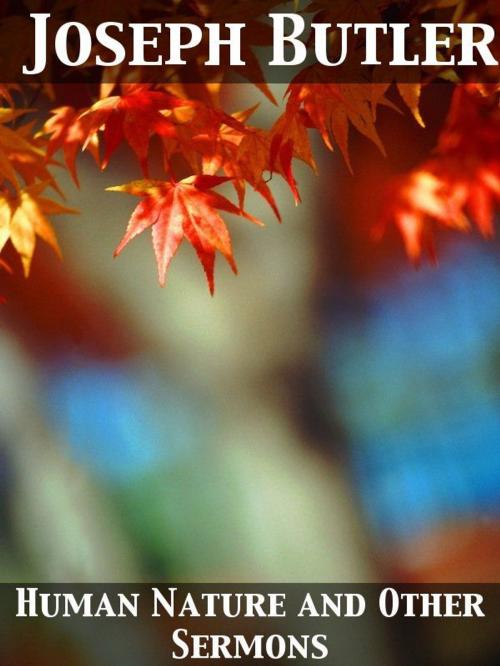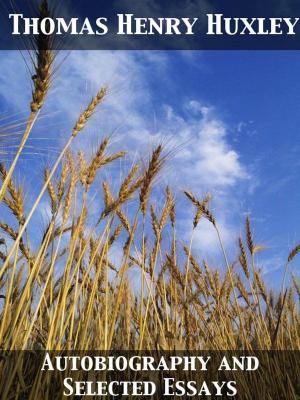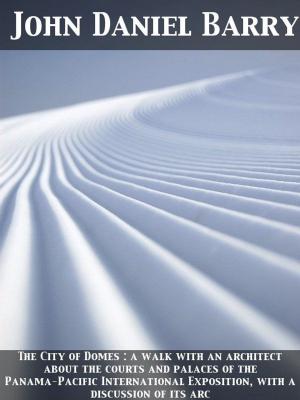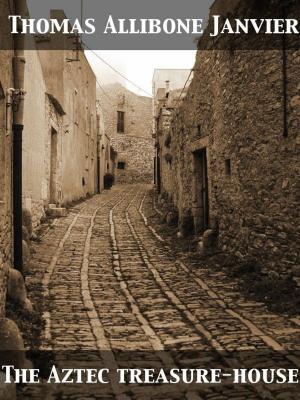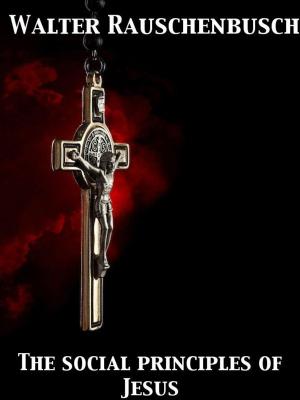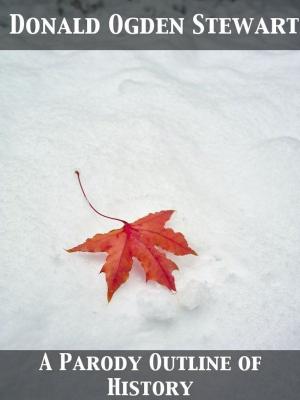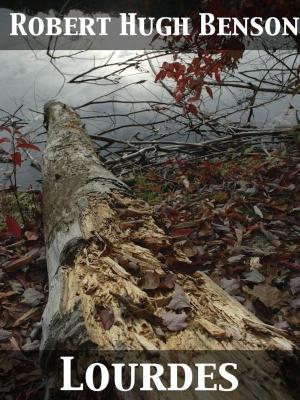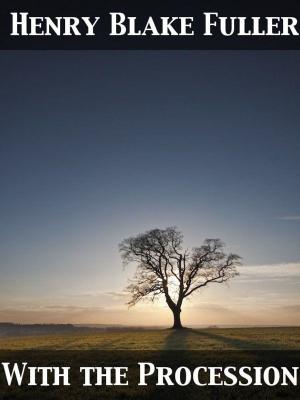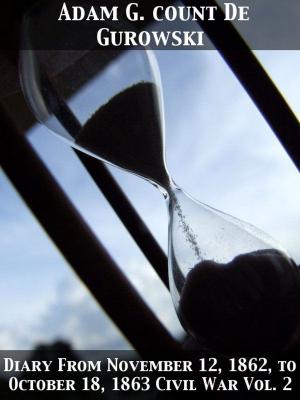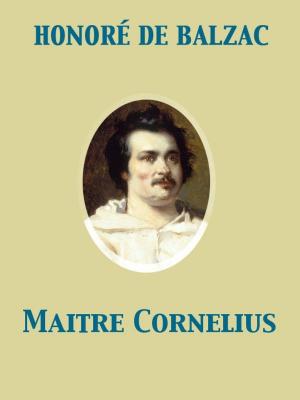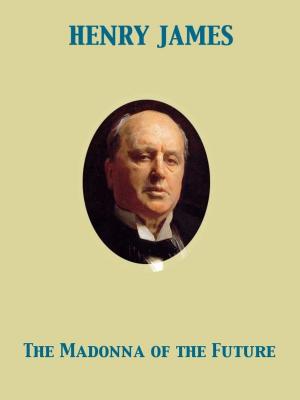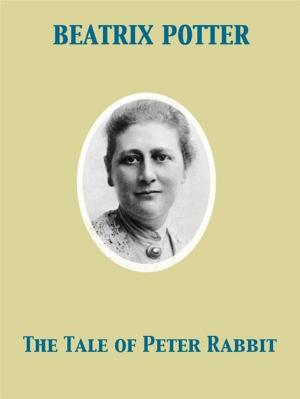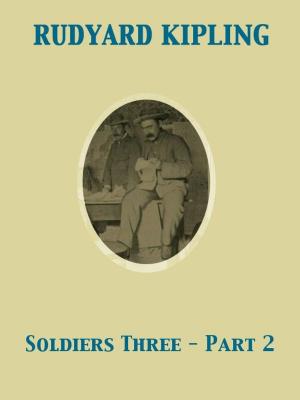| Author: | Joseph Butler, Henry Morley | ISBN: | 9782819946090 |
| Publisher: | Release Date: November 27, 2011 | Publication: | November 27, 2011 |
| Imprint: | pubOne.info | Language: | English |
| Author: | Joseph Butler, Henry Morley |
| ISBN: | 9782819946090 |
| Publisher: | Release Date: November 27, 2011 |
| Publication: | November 27, 2011 |
| Imprint: | pubOne.info |
| Language: | English |
Joseph Butler was born in 1692, youngest of eight children of a linendraper at Wantage, in Berkshire. His father was a Presbyterian, and after education at the Wantage Free Grammar School Joseph Butler was sent to be educated for the Presbyterian ministry in a training academy at Gloucester, which was afterwards removed to Tewkesbury. There he had a friend and comrade, Secker, who afterwards became Archbishop of Canterbury. Butler and Secker inquired actively, and there was foreshadowing of his future in the fact that in 1713, at the age of twenty-one, Butler was engaged in anonymous discussion with Samuel Clarke upon his book on the à priori demonstration of the Divine Existence and Attributes.
Joseph Butler was born in 1692, youngest of eight children of a linendraper at Wantage, in Berkshire. His father was a Presbyterian, and after education at the Wantage Free Grammar School Joseph Butler was sent to be educated for the Presbyterian ministry in a training academy at Gloucester, which was afterwards removed to Tewkesbury. There he had a friend and comrade, Secker, who afterwards became Archbishop of Canterbury. Butler and Secker inquired actively, and there was foreshadowing of his future in the fact that in 1713, at the age of twenty-one, Butler was engaged in anonymous discussion with Samuel Clarke upon his book on the à priori demonstration of the Divine Existence and Attributes.
